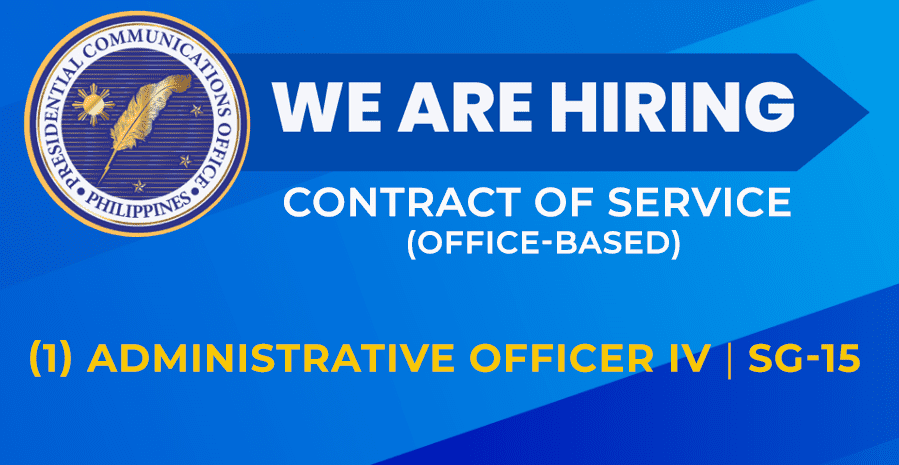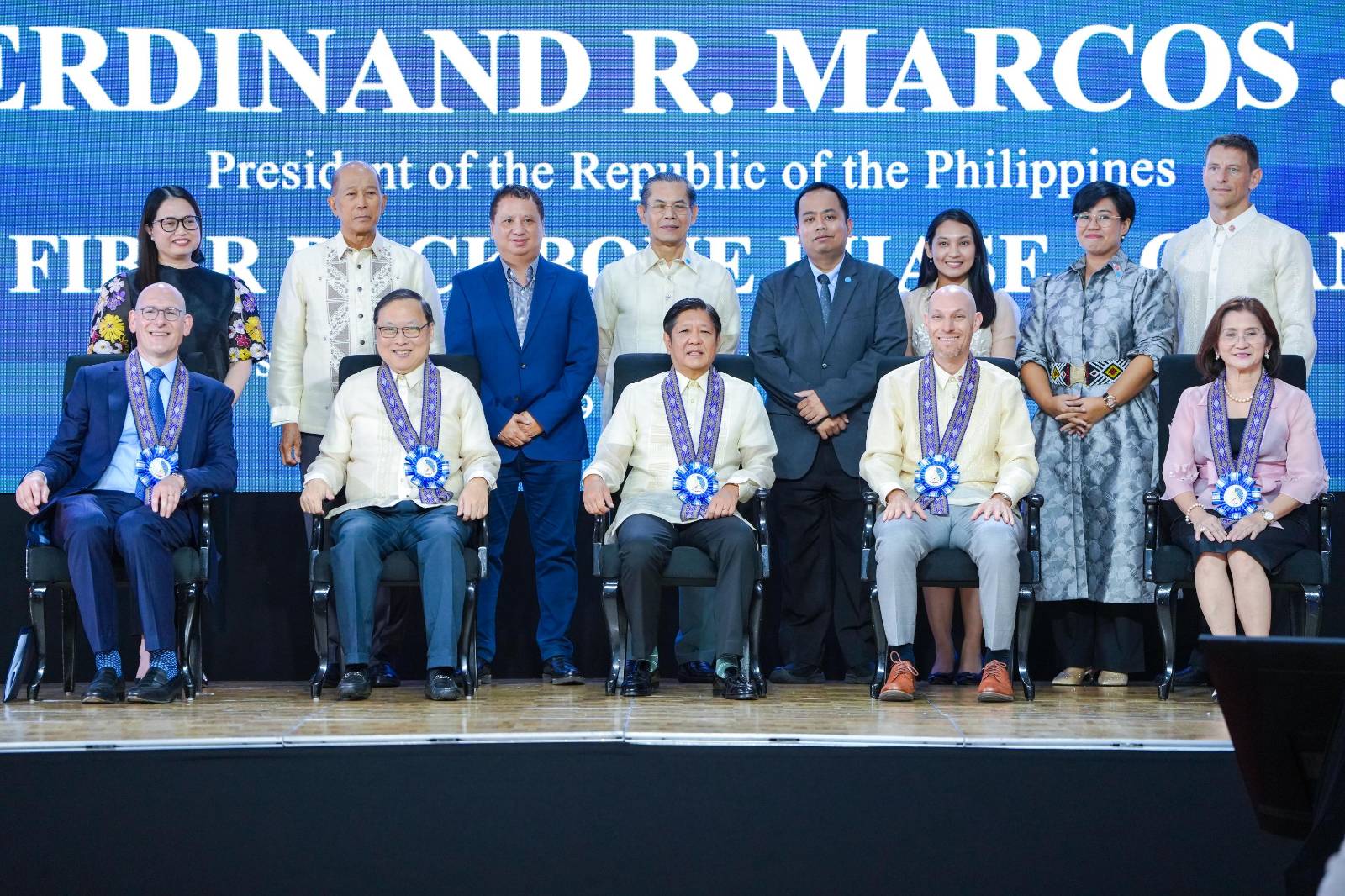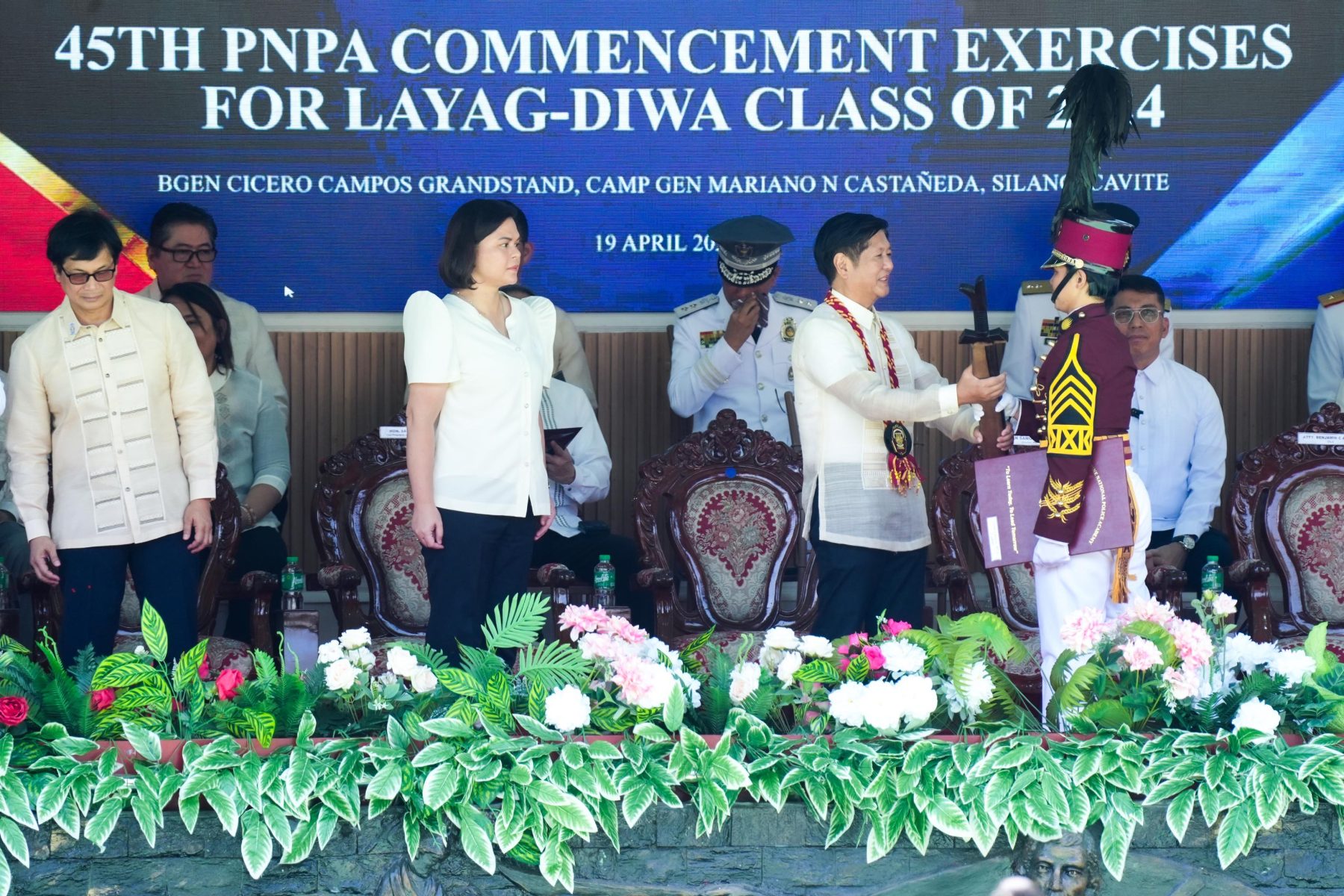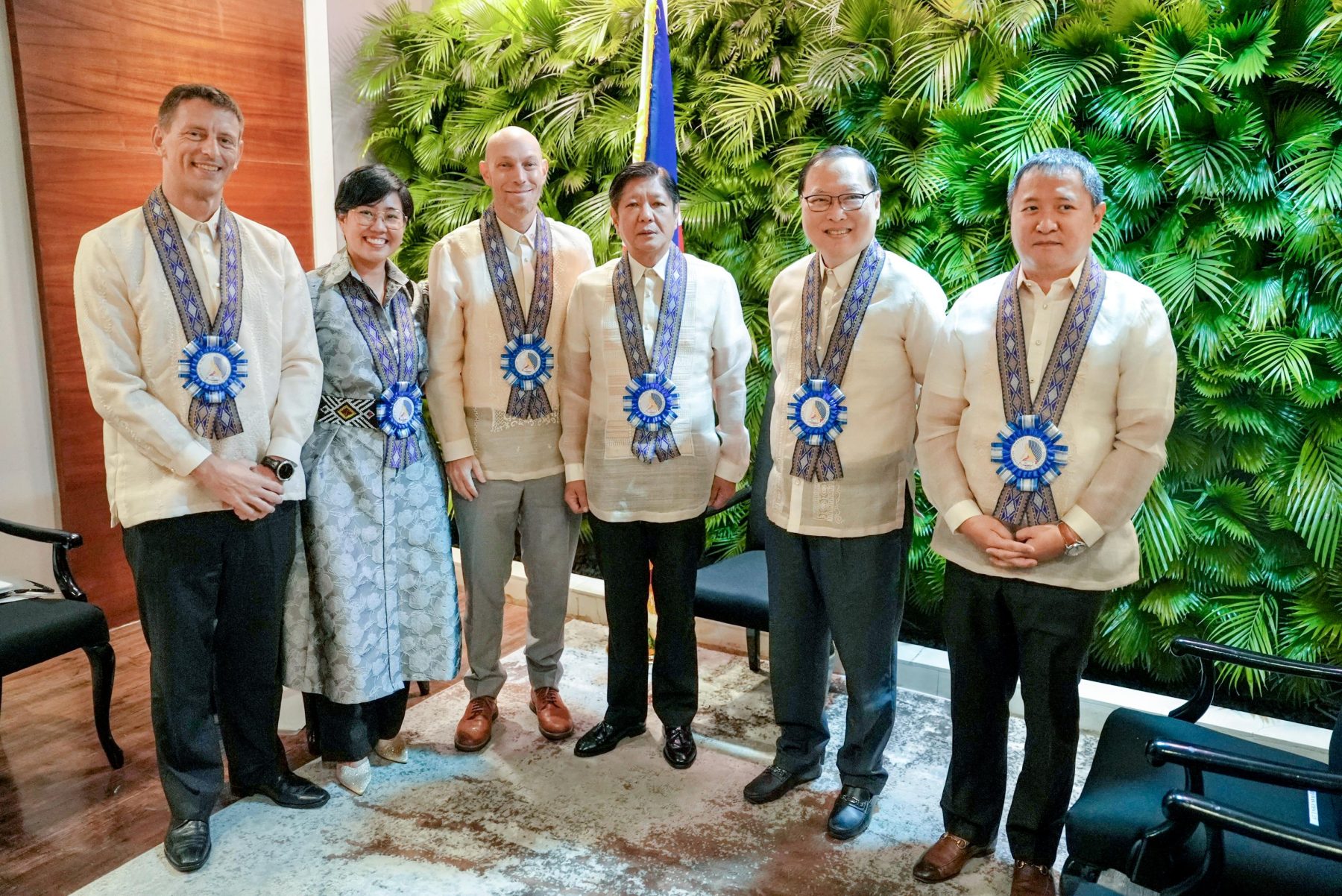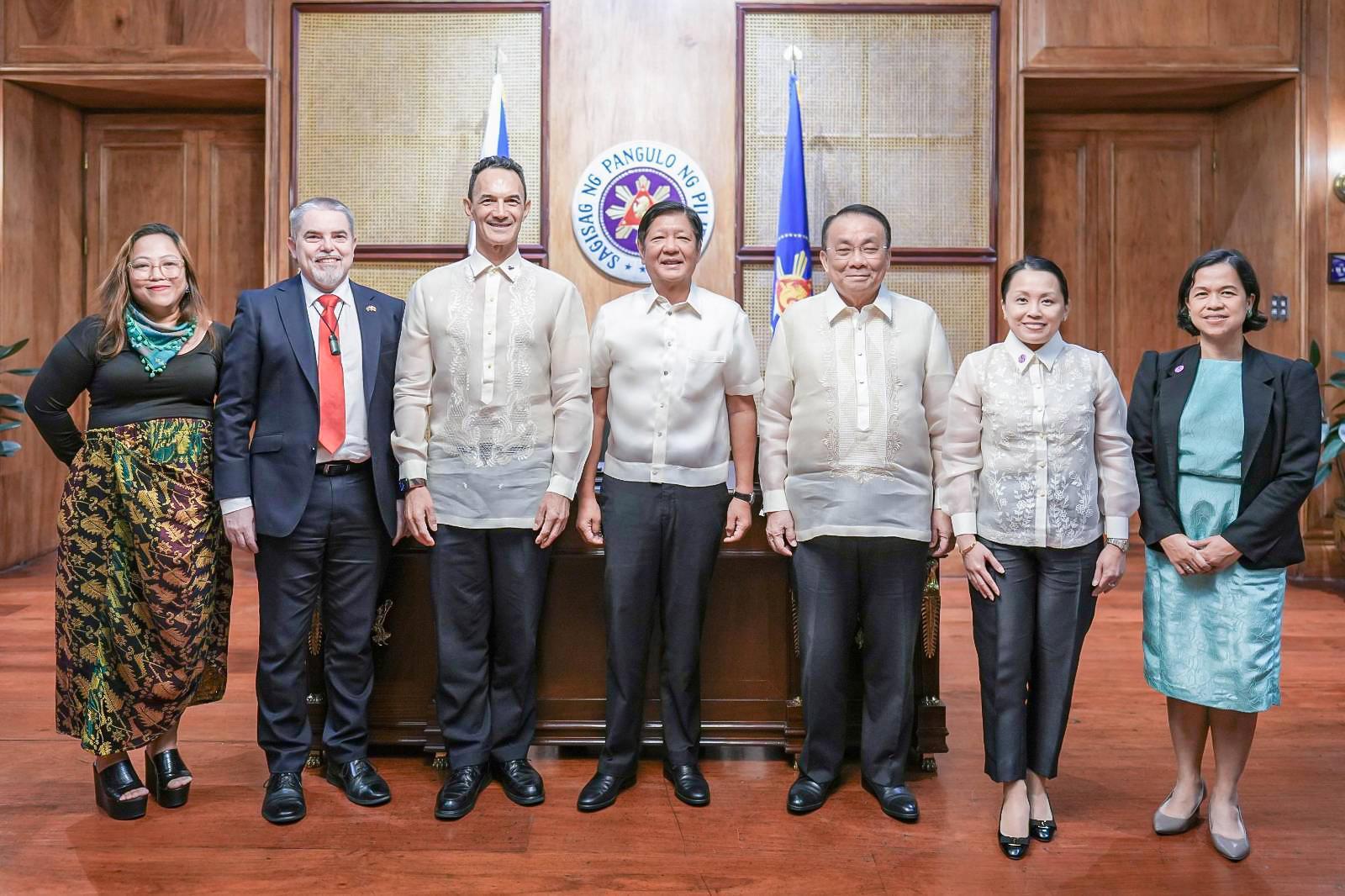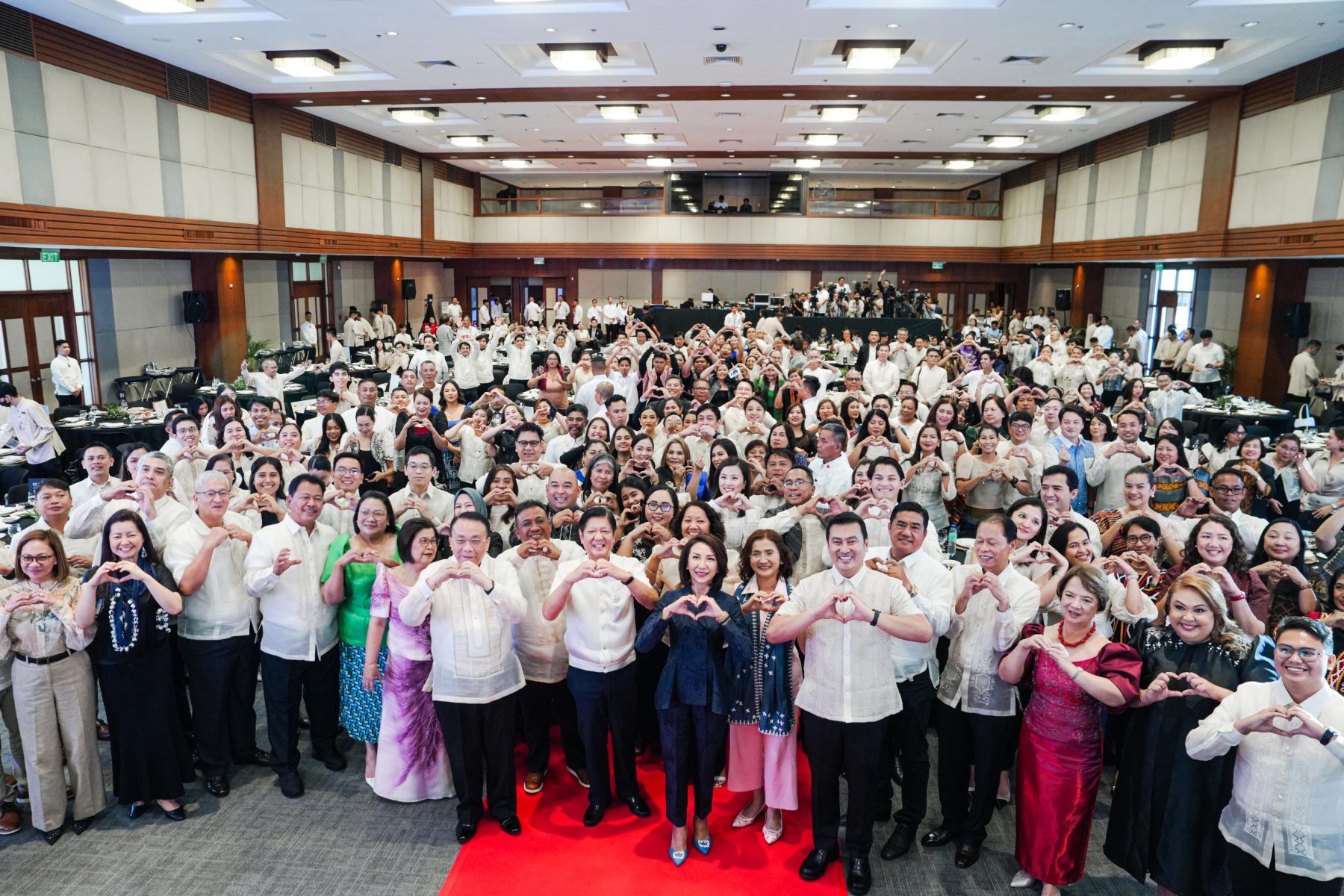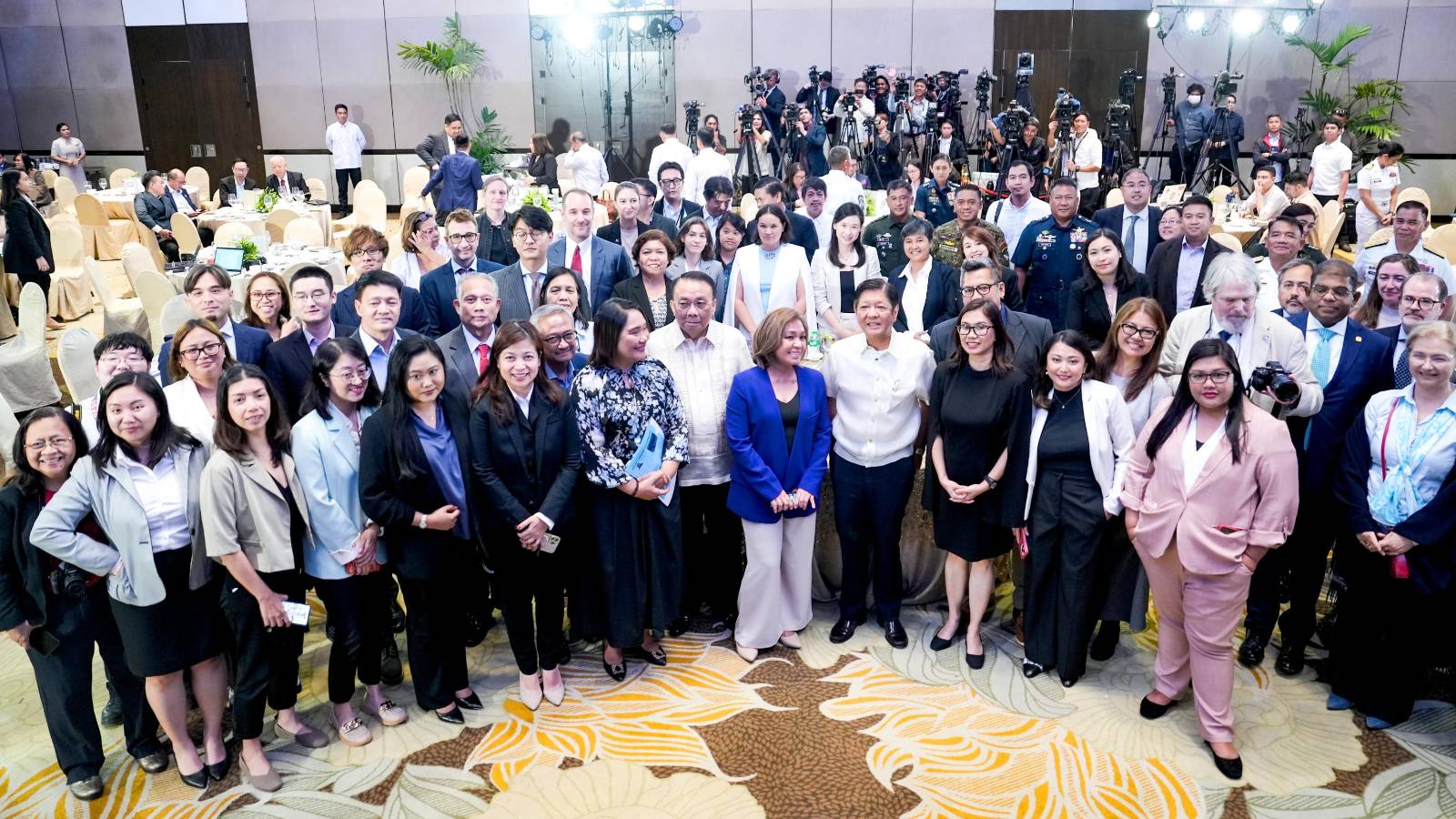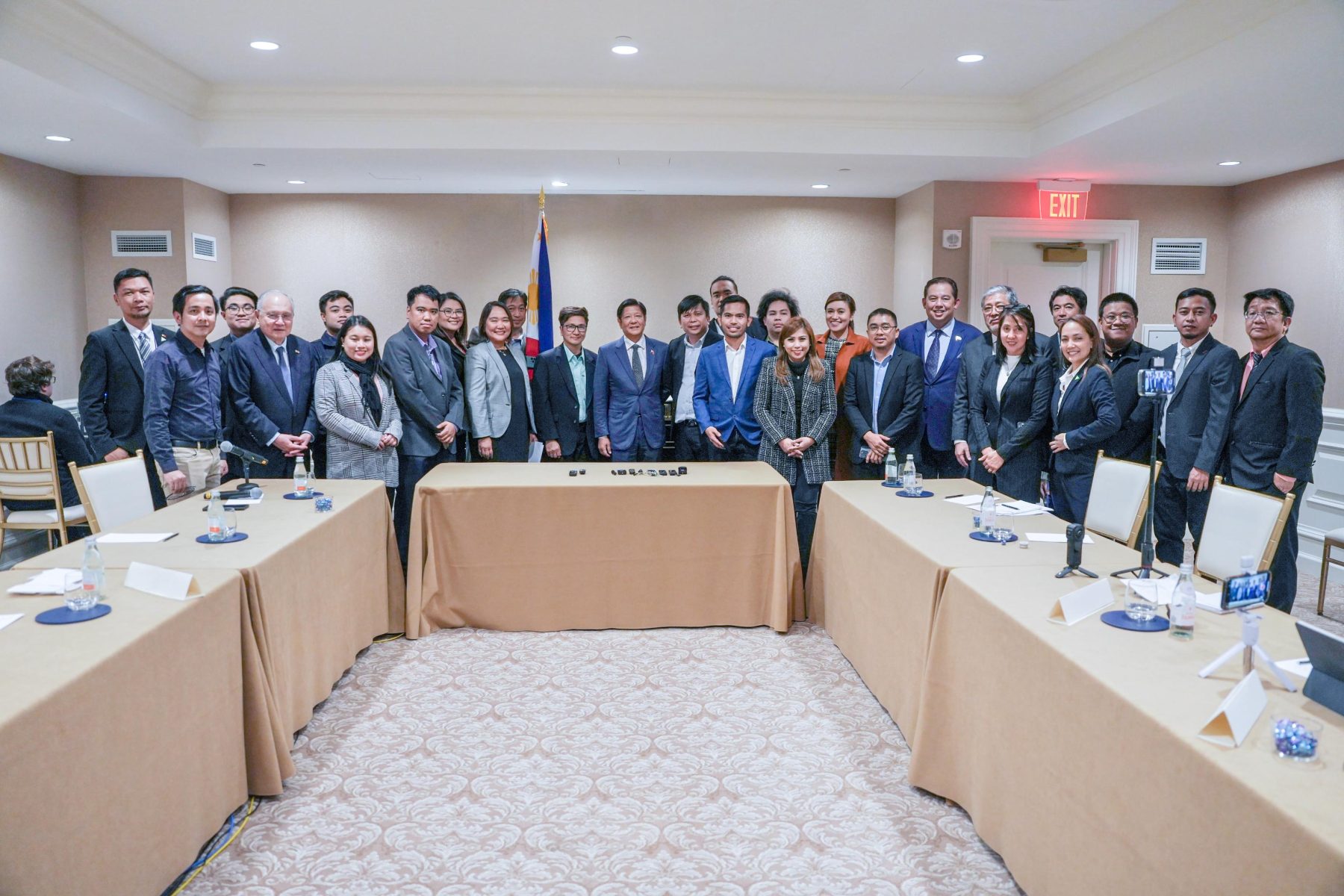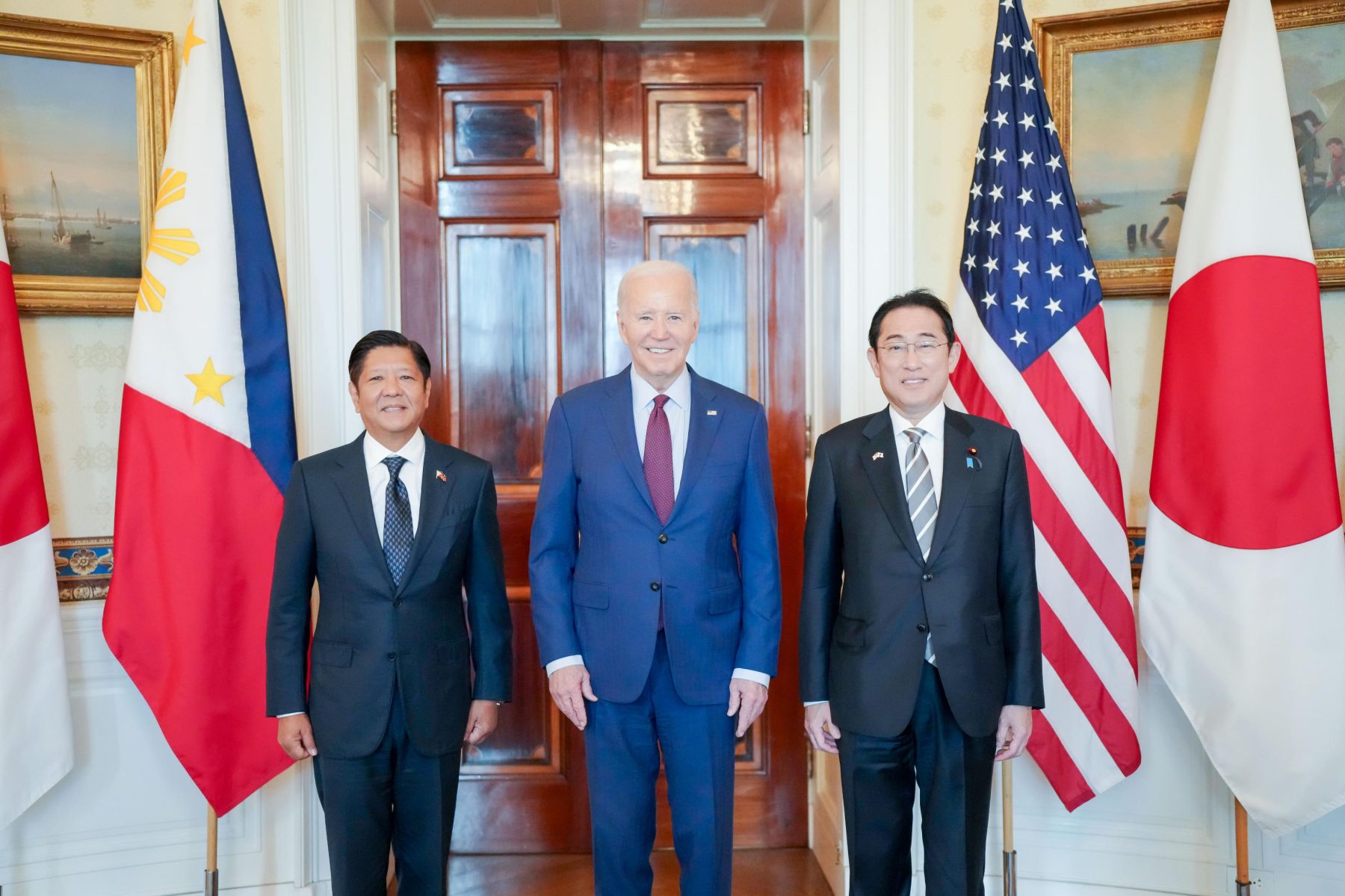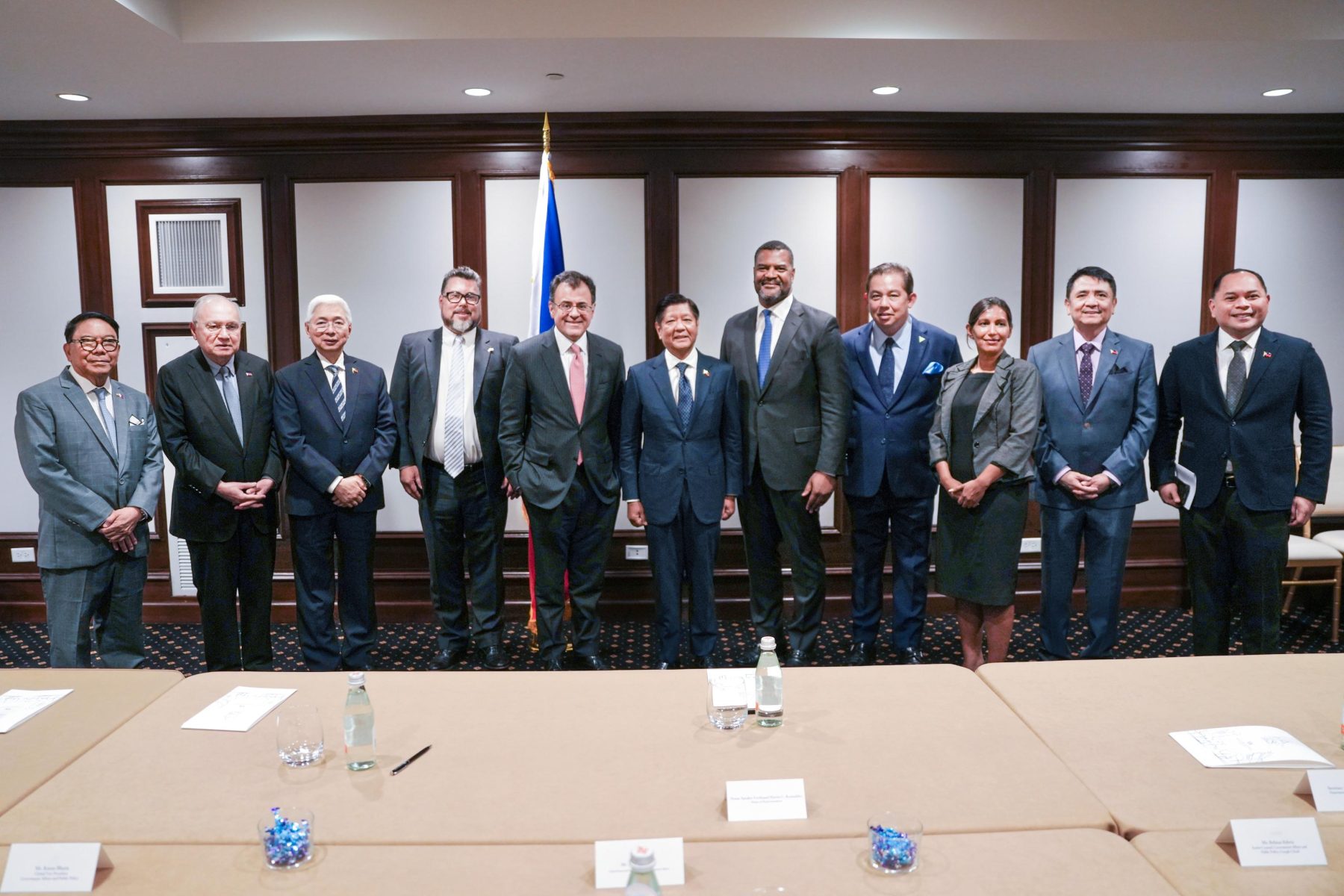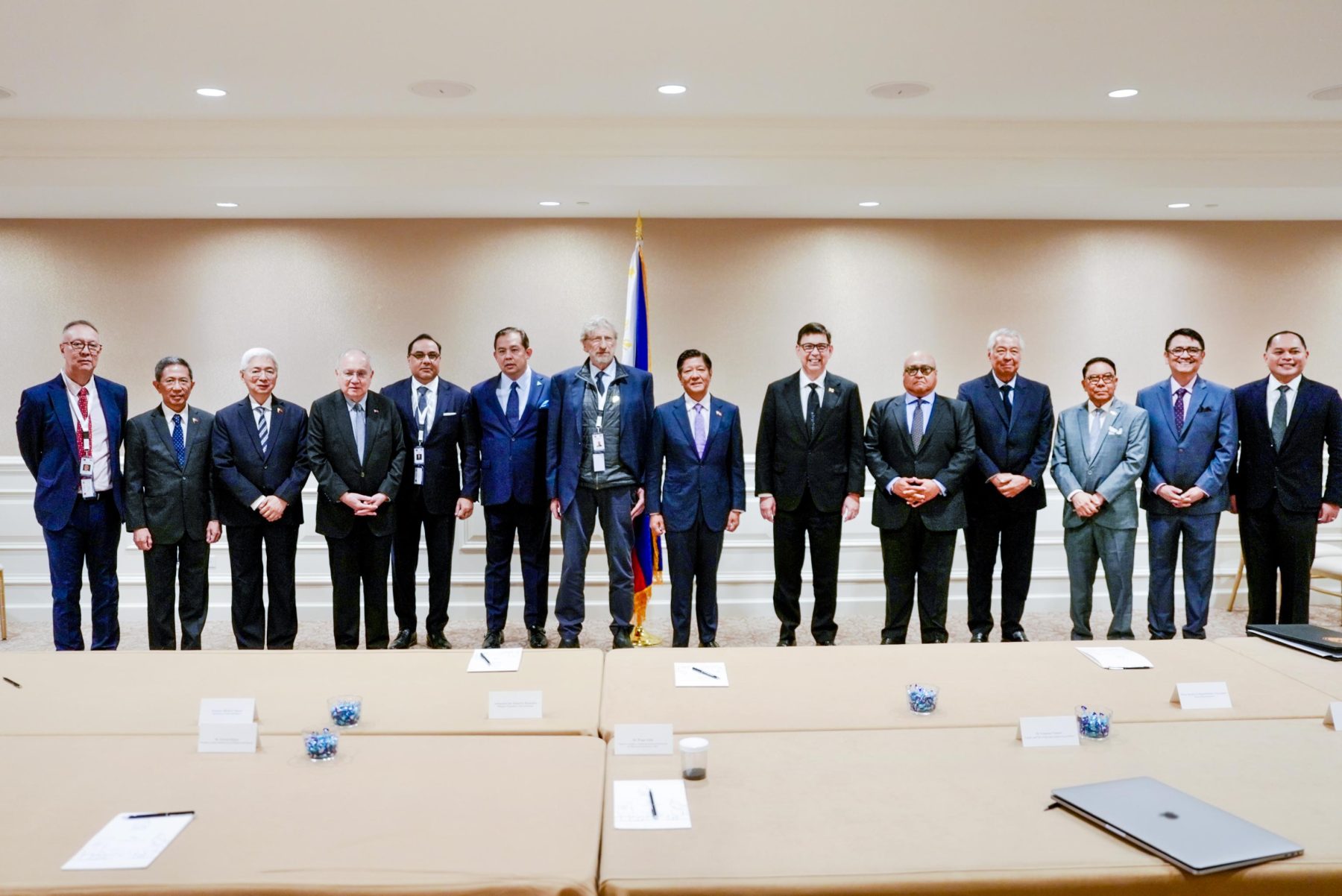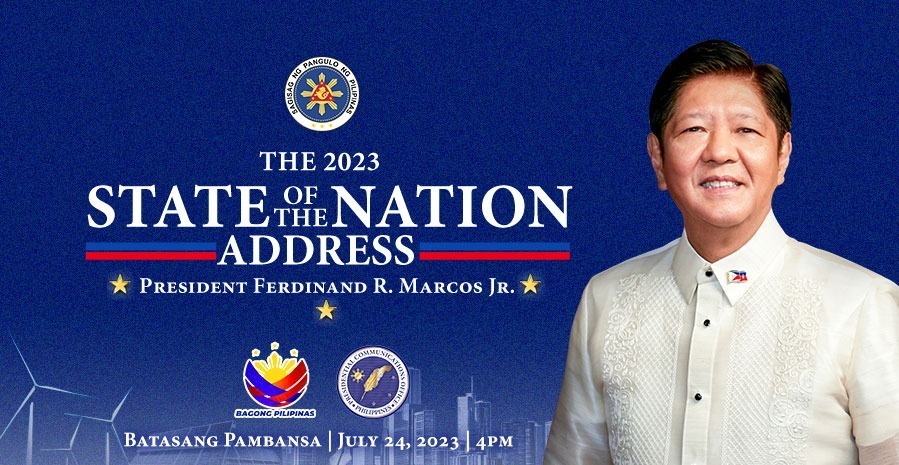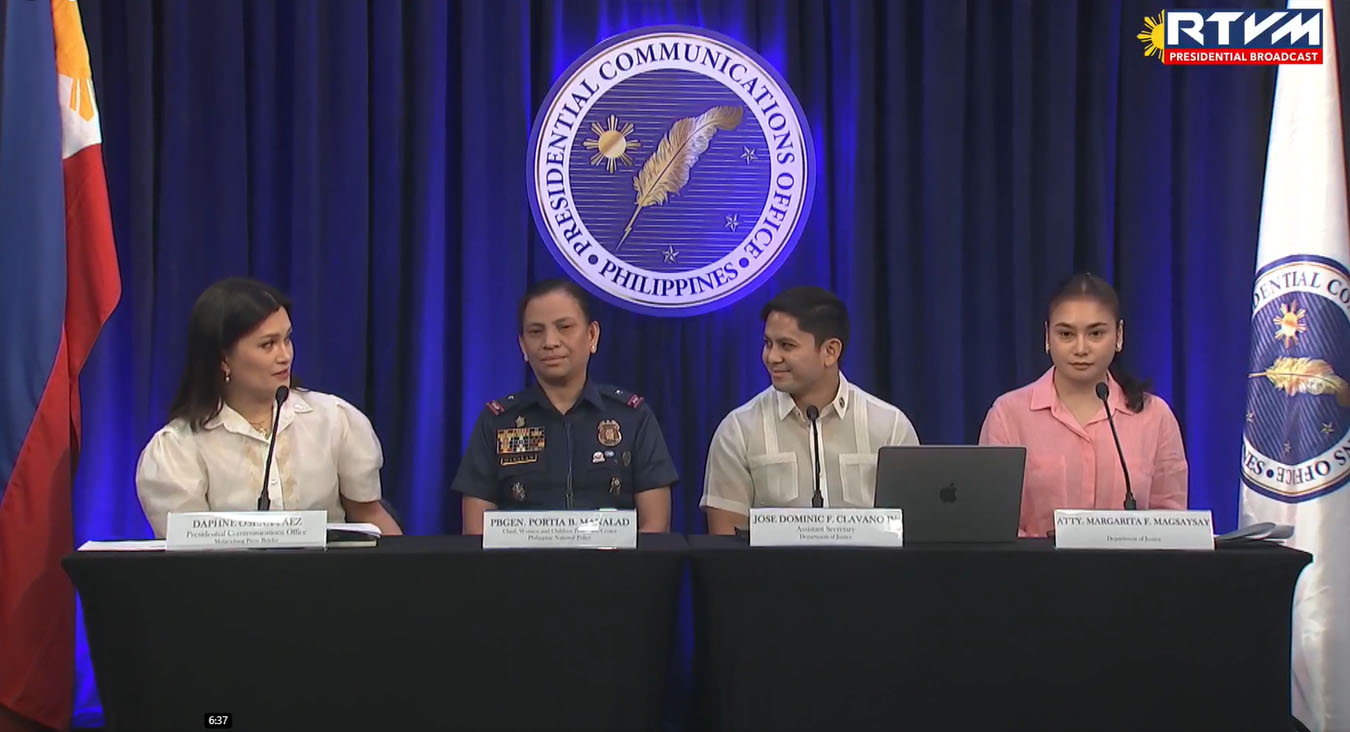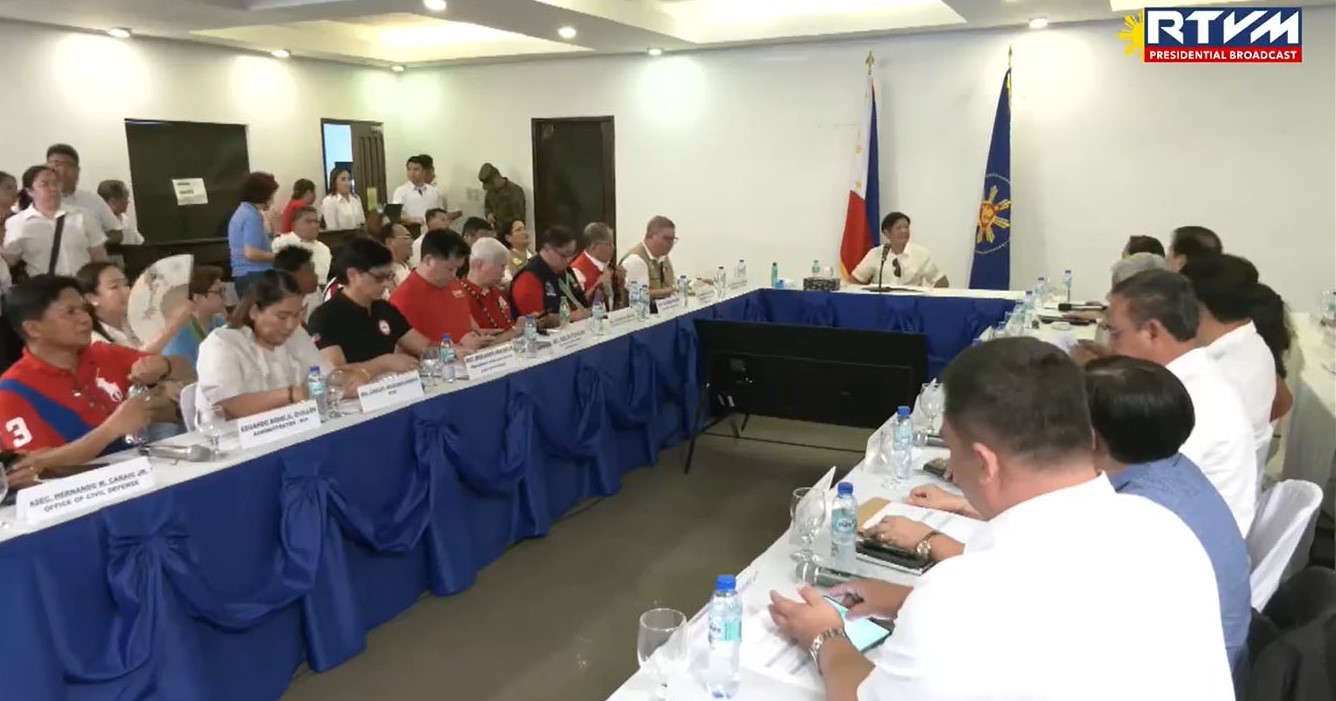June 09, 2015 – News Releases
 |
|
| 09 June 2015 | |
APEC NEWS RELEASES |
|
|
|
|
| Asia Pacific Economic Cooperation 2015 brings delegates to Bagac, Bataan | |
| Heritage resort Las Casas Filipinas de Acuzar set to deliver a unique experience. BAGAC, Bataan) Delegates from Asia Pacific Economic Cooperation (APEC) member economies are set to converge at Las Casas Filipinas de Acuzar, a landmark resort in Bagac, Bataan as the Philippines hosts the APEC Workshop on Fiscal Management Through Transparency and Reforms on 9-10 June and the APEC Senior Finance Officials’ Meeting on 11-12 June 2015. Bataan is a province steeped in history, remembered for the Death March prisoners of war were made to undertake during World War II. Las Casas, located in the smallest and oldest towns of Bataan, melds history and heritage together as a celebration of Filipino culture and craftsmanship. Renowned art collector and architect Jose Rizalino “Jerry” Acuzar put his New San Jose Builders behind the herculean project to rebuild the past through the restoration of houses that make up the 400-hectare heritage resort. According to Las Casas, the houses date from the 18th to 19th centuries and constellate the recreated village of cobblestone streets, small plazas and outdoor sculpture. Houses within Las Casas are mostly relocated and reconstructed with materials sourced from old houses from different parts of the country, while some mirror already existing structures. A grand replica of the Hotel de Oriente in Binondo, Manila now sits on the bank of a river, making for a picturesque scene for the APEC delegates. At present, there are 27 structures in the recreated town, lined along streets that Las Casas aims to transform guests into “voyeurs of history.” Among those restored are historical principalia, or mansions of the noble class, bahay na bato, or houses of stone, as well as wooden and stilt houses. Las Casas is on track to recreate 50 houses as part of its rebuilding target. This December, a fully functional train will be able to take guests around the resort town. APEC meetings will be held at the Hotel de Oriente, while delegate guest rooms will consist of a mix of old casa and apartment types of lodging. Among them are beachfront La Puesta del Sol, and the La Ribera, featuring a river canal à la Venezia, as well as the Casas San Luis, Jaen I and II, Meycauayan, and the Paseo de Escolta. The heritage resort contains 6 restaurants and bars, namely: La Bella Teodora, which was formerly located at Binan Laguna and owned by Teodora Alonzo, offering Italian Cuisine; Café Marivent, which offers Filipino-Spanish cuisine; La Panaderia, which offers bread, cakes and pastries inspired from recipes centuries-old. Comida de la Calle offers street foods and native Filipino favorites, while La Parilla and Taberna Senor Pepe serve sumptuous meals. Las Casas Filipinas’ commitment to Filipino culture and the arts is best seen in the Escuela de Bellas Artes, formerly Casa Quiapo, designed by Felix Roxas y Arroyo, the first Filipino to practice Architecture during the Spanish era. Casa Quiapo was considered as one of the most finest examples of Philippine Architecture during the Spanish Colonization era. Today, Escuela de Bellas Artes features the works of Alfredo Esquillo Jr., Renato Habulan and Geraldine Javier. Finance Secretary Cesar V. Purisima looked forward to the start of the meetings saying, “We walk the talk when we say, ‘it’s more fun in the Philippines.’ We did not opt for a conventional hotel, we wanted to deliver a unique experience. I think APEC delegates are in for a taste of refined hospitality in Bagac as they bask in the past while charting the region’s future. When delegates remember APEC 2015 in Bagac, we want them to recall not only which regional priorities they successfully advanced, but that they did it where beauty defied time and space.” |
|
|
|
|
| APEC policymakers, key government officials in Bataan to discuss fiscal transparency, policy reforms | |
| (BAGAC, Bataan) Discussions on fiscal transparency and policy reforms aimed at ensuring inclusive growth in the Asia-Pacific region, began on Tuesday among representatives of member economies of the Asia-Pacific Economic Cooperation (APEC).
Finance Undersecretary Gil Beltran welcomed APEC delegates attending the two-day workshop on Fiscal Management Through Transparency and Reforms, held at the Las Casas Filipinas de Acuzar heritage park and hotel here. Citing the Philippines’ strong domestic expansion in recent years, Beltran said the country’s economic experiences and achievements will be used as part of its contribution to the push for reforms to sustain the region’s economic expansion. “Given this, we have included in our Cebu Action Plan the central agenda and our proposed roadmap for the APEC FMP (Finance Ministers’ Process), the initiatives on fiscal transparency, and policy reform towards sustained and inclusive economic growth,” he said. The topics to be covered during the workshop include Open Data Initiatives as a means for fiscal transparency and various reforms on taxation, such as Sin Taxes for Social Health Financing, Fiscal Incentives Rationalization, Subsidy Targeting, Exchange of Information (EoI), and Automatic EoI and Base Erosion Profit Shifting (BEPS). Beltran noted that “with fiscal transparency, we foster good governance because the wide availability of government data increases public scrutiny and participation.” It also ensures that government funds are conserved and used properly, he added. PNA |
|
|
|
|
| APEC workshop on fiscal management opens in Bataan | |
| (BAGAC, Bataan) The Asia-Pacific Economic Cooperation (APEC) workshop on fiscal management that opened here Tuesday, will center on transparency and reforms, with the end goal of attaining inclusive growth in the Asia-Pacific region.
In his welcome remarks, Finance Undersecretary Gil Beltran said that as host of this year’s APEC Finance Ministers’ Process (FMP), the Philippines seeks to sustain the country’s growth story and make it inclusive. “At the same time, it also aims to make a contribution to the ever-continuing goal of the APEC for sustained economic growth in the region,” he said. “Given this, we have included in our Cebu Action Plan the central agenda and our proposed roadmap for the APEC FMP, the initiatives on fiscal transparency, and policy reform towards sustained and inclusive economic growth.” Beltran said the two-day workshop intends to push forward the initiatives proposed in the Cebu Action Plan. The workshop features Open Data Initiatives as a means for fiscal transparency, he noted, adding that with fiscal transparency, the availability of government data becomes more accessible to the public. This results in increased public scrutiny and participation, ensuring that government resources are used properly, he said. The workshop, he said, also discusses different reforms in taxation to prevent tax leakages and the inefficient use of tax revenues, and maximize the value of tax revenues for the government’s development priorities. Beltran further said that discussions will be enhanced, with the participation of policymakers, government officials and stakeholders from the APEC member economies, as well as global experts. The Philippines has enjoyed growth rates of more than 6 percent for the past five years, one of the highest in Southeast Asia, as a result of the government thrust on good governance. This growth is also attributed to fiscal transparency, and good management of fiscal resources, including tax reforms. PND (as) |
|
|
|
|
| President Aquino calls for improved Philippine-Chinese relations based on mutual respect | |
|
|
|
|
|
| Palace hopes draft law on Bangsamoro would be passed in July | |
| The Palace has said it hopes the Bangsamoro Basic Law (BBL) would be enacted when Congress reconvenes next month.
In a note issued on Tuesday, Communication Secretary Herminio Coloma, Jr. said the Congress leaders’ decision to continue working on the BBL beyond the current session, provides an opportunity to gain broader support for achieving long-term peace, stability and progress in Mindanao. “Through continuing dialogue, differing viewpoints may be harmonized in crafting the law that, we hope, may be enacted shortly after Congress reconvenes in July,” Secretary Coloma said. He said the Palace will intensify efforts to increase the people’s awareness on the draft law as this is essential in engaging their active participation in the peace process. According to reports, congressmen on Monday decided to move the approval of the BBL to October due to lack of support from a majority. The House of Representatives and the Senate adjourn on June 11 and will reconvene on July 20. PND (ag) |
|
|
|
|
| Government testing online bidding process | |
| (BAGAC, Bataan) The Department of Budget and Management (DBM), through a tie-up with the Department of Public Works and Highways (DPWH), is in the final stages of piloting an online bidding process that will give contractors and bidders more opportunities to join the bidding for government projects.
Online bidding will allow bidders and contractors to submit their documents through the Internet, benefiting those who are based in the provinces, Undersecretary Richard Moya of the DBM said Tuesday. The process can be accessed through philgeps.gov.ph. “They are just pilot testing it in DPWH. If it works in the DPWH, we will mainstream it across all philgeps,” he said, adding that the department will complete the tests this month. Moya said the bidding has two stages: the submission of pertinent documents; and the submission of the financials. “With this one, you pre-load all your documents digitally online so that when you join a bidding, all your feasibility documents have already been verified. This would reduce the time,” he said. He however noted that contractors cannot simply make a bid, they have to register and pay a fee of P5,000, which covers a year. The online bidding is a reform initiated by the government, Moya said, acknowledging however that the process faces legal, technical and cultural impediments. All the results will be published online for everyone to access, he said. Delegates of member economies of the Asia-Pacific Economic Cooperation (APEC) on Tuesday discussed fiscal management through transparency and reforms. The overall goal is to attain good governance that results in inclusive growth in the region. PND (as) |
|
|
|
|
| Malacañang welcomes survey results showing decrease in unemployment | |
| The Palace has welcomed the Philippine Statistics Authority (PSA) report on the April 2015 round of the labor force survey, which showed a significant drop in unemployment and underemployment rates.
The report, which was released on Tuesday, said unemployment went down from 7 percent in April 2014 to 6.4 percent a year later, while underemployment dropped from 18.2 percent to 17.8 percent. These figures indicated that the number of unemployed Filipinos has declined by 243,000 since April 2014, while the number of workers who consider themselves underemployed has declined by 44,000. The drop is geographically broad-based, with 13 out of 17 regions posting a decline in unemployment. Led by the strong performance of the services and industry sectors, total employment grew by 1.3 percent in April 2015, translating to a total net employment generation of 495,000. “These encouraging figures reflect the results of the Aquino administration’s investment in the Filipino people. Driven by our belief in the importance of individual advancement in the collective development of the nation, we continue to empower our citizens through improvements in health and education, among other sectors,” Presidential Spokesperson Edwin Lacierda said in a statement released on Tuesday. “At the same time, we remain relentless in our push for reforms, cognizant that increased government efficiency and public trust lead to more investments—which will in turn bring about more and better opportunities for our countrymen. In all our activities, we in the administration remain focused on what’s best for the Filipino people, and will continue to strive toward greater heights for the benefit of current and future generations,” he further said. According to the report, figures for the April 2014 and April 2015 surveys still exclude Leyte. As a result of the devastation caused by Typhoon Yolanda, a new sampling frame for Leyte has to be developed to account for the large number of displaced households. PND (jm) |
|
|
|


